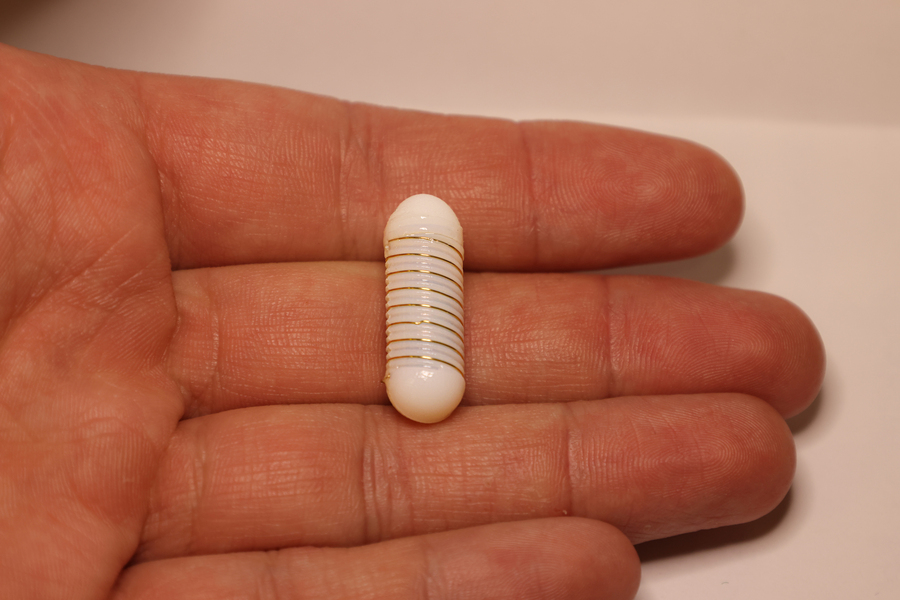Researchers from MIT researchers and New York University in Abu Dhabi have developed a capsule to simulate a hunger-regulating hormone.
This ingestible capsule helps in stimulating stomach cells to produce ghrelin. Ghrelin is a hormone our stomach produces and releases. It helps in regulating our appetite, including feelings of hunger, nausea, and fullness.
In this study, researchers showed how this electrical capsule called FLASH stimulates stomach cells to produce ghrelin in animal models. They showed that when ingested, this capsule the size of a raisin, modulates the gastrointestinal hormones and is safely excreted without side effects.
“As far as we know, this is the first example of using electrical stimuli through an ingestible device to increase endogenous levels of hormones in the body, like ghrelin. And so, it has this effect of utilizing the body’s own systems rather than introducing external agents,” said co-first author Khalil Ramadi in a press statement.
Researchers foresee, that in the future it could help in treating a variety of gastrointestinal diseases.
This medical treatment known as neuromodulation, involves altering specific nerve activity. This treatment alters the vagus nerve, which performs a variety of functions, including digestion. It is the body’s longest autonomic nervous system nerve, connecting the brain and the gut.
“An ingestible pill that contains electronics instead of chemicals or drugs is very promising. It provides a way to deliver targeted electrical pulses to specific cells in the gut in a way that can regulate levels of neural hormones in the body,” said co-first author Khalil Ramadi in a statement.







